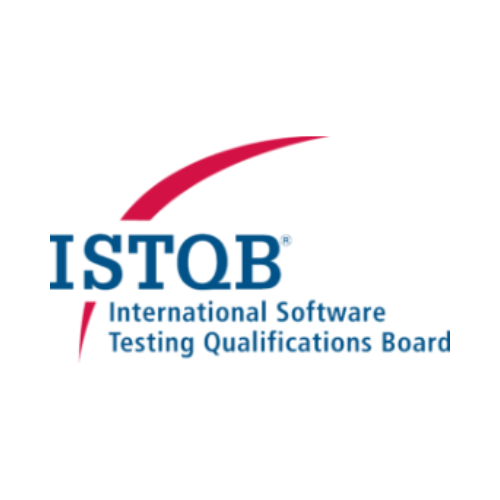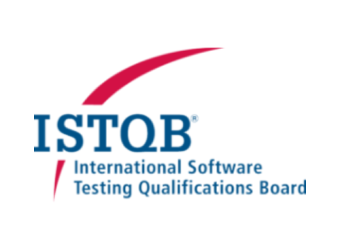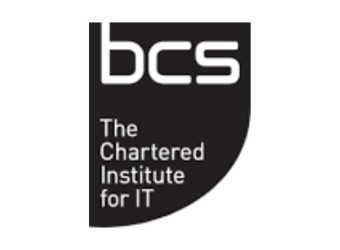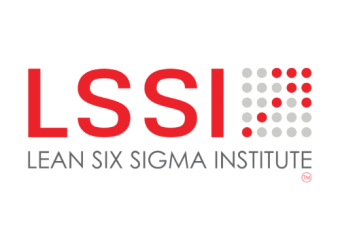👋 my name is Inbio & I am a freelance
Webdesigner
& Photographer


My Latest Design

The ISTQB® Certified Tester Foundation Level (CTFL) certification provides essential testing knowledge that can be put to practical use and, very importantly, explains the terminology and concepts that are used worldwide in the testing domain. CTFL is relevant across software delivery approaches and practices including Waterfall, Agile, DevOps, and Continuous Delivery. CTFL certification is recognized as a prerequisite to all other ISTQB® certifications where Foundation Level is required.
The Foundation Level certification is suitable for anyone who needs to demonstrate practical knowledge of the fundamental concepts of software testing including people in roles such as testers, test analysts, test engineers, test consultants, test managers, user acceptance testers, and software developers.
It is also appropriate for individuals who need a basic understanding of software testing including project managers, quality managers, software development managers, business analysts, IT directors, and management consultants.
A candidate who has achieved the Foundation Level certification should be able to:
- Promote efficient and effective communication by using a common vocabulary for software testing
- Understand fundamental concepts of software testing
- Demonstrate understanding of how different development and testing practices, and different constraints on testing, may apply in optimizing testing to different contexts
- Contribute effectively to reviews
- Use established techniques for designing tests at all test levels
- Interpret and execute tests from given test specifications, and report on test results
- Understand test management principles for resources, strategies, planning, project control, and risk management
- Write and communicate clear and understandable defect reports
- Understand the project factors that drive the test priorities and test approach
- Understand the value that software testing brings to stakeholders
- Appreciate how testing activities and work products align with project objectives, measures, and targets
- Assist in the selection and implementation process of testing tool

Certificate in IT, British Computer Society
Encompassing three core modules, the Level 4 Certificate in IT explores the fundamentals of computer and network technology, processor architecture, operating and information systems, software development, and networks. Candidates will gain a solid foundation upon which they will be able to build a career pathway into information technology. Career opportunities include entry-level positions in the rapidly growing fields of computer science and software development. Upon successful completion of this qualification, candidates will be equipped with the knowledge and understanding to enable them to progress on to a broad range of further development areas such as Big Data management, software engineering, and web application development. Candidates will be prepared to progress onto the BCS Level 5 Diploma in IT, with the ability to customise their learning pathways based on their areas of special interest.

ISTQB Certified Tester, Advanced Level Test Manager, CTAL-TM
The ISTQB® Advanced Level Test Manager (CTAL-TM) certification provides the knowledge and competencies to take responsibility for managing all the testing activities across the software development lifecycle. It covers everything from how to design a suitable test approach for the project based on the organizational test strategy to building a test team or testing competencies to complete the necessary testing.
The Advanced Level Test Manager certification is aimed at people who have already achieved an advanced point in their careers in software testing and wish to develop further their expertise in test management.
To gain this certification, candidates must hold the Certified Tester Foundation Level certificate and have sufficient practical experience. Please contact an ISTQB® Member Board or Exam Provider to determine the specific practical experience criteria.
A candidate who has achieved the Certified Tester Advanced Level Test Manager certification should be able to:
- Manage a testing project by implementing the mission, goals, and testing processes established for the testing organization
- Organize and lead risk identification and risk analysis sessions and use the results of such sessions for test estimation, planning, monitoring, and control
- Create and implement test plans consistent with organizational policies and test strategies
- Continuously monitor and control the test activities to achieve project objectives
- Assess and report relevant and timely test status to project stakeholders
- Identify skills and resource gaps in their test team and participate in sourcing adequate resources
- Identify and plan necessary skills development within their test team
- Propose a business case for test activities that outlines the costs and benefits expected;
- Ensure proper communication within the test team and with other project stakeholders
- Participate in and lead test process improvement initiatives

Lean Six Sigma (Yellow Belt)
Yellow Belt Features
- Understands basic Lean Six Sigma concepts
- Reports process issues to Green Belts and Black Belts
- Participates on project teams and receives just-in-time training
My Latest Photography

Lean Six Sigma (Yellow Belt)
Yellow Belt Features
- Understands basic Lean Six Sigma concepts
- Reports process issues to Green Belts and Black Belts
- Participates on project teams and receives just-in-time training

ISTQB Certified Tester, Advanced Level Test Manager, CTAL-TM
The ISTQB® Advanced Level Test Manager (CTAL-TM) certification provides the knowledge and competencies to take responsibility for managing all the testing activities across the software development lifecycle. It covers everything from how to design a suitable test approach for the project based on the organizational test strategy to building a test team or testing competencies to complete the necessary testing.
The Advanced Level Test Manager certification is aimed at people who have already achieved an advanced point in their careers in software testing and wish to develop further their expertise in test management.
To gain this certification, candidates must hold the Certified Tester Foundation Level certificate and have sufficient practical experience. Please contact an ISTQB® Member Board or Exam Provider to determine the specific practical experience criteria.
A candidate who has achieved the Certified Tester Advanced Level Test Manager certification should be able to:
- Manage a testing project by implementing the mission, goals, and testing processes established for the testing organization
- Organize and lead risk identification and risk analysis sessions and use the results of such sessions for test estimation, planning, monitoring, and control
- Create and implement test plans consistent with organizational policies and test strategies
- Continuously monitor and control the test activities to achieve project objectives
- Assess and report relevant and timely test status to project stakeholders
- Identify skills and resource gaps in their test team and participate in sourcing adequate resources
- Identify and plan necessary skills development within their test team
- Propose a business case for test activities that outlines the costs and benefits expected;
- Ensure proper communication within the test team and with other project stakeholders
- Participate in and lead test process improvement initiatives

Certificate in IT, British Computer Society
Encompassing three core modules, the Level 4 Certificate in IT explores the fundamentals of computer and network technology, processor architecture, operating and information systems, software development, and networks. Candidates will gain a solid foundation upon which they will be able to build a career pathway into information technology. Career opportunities include entry-level positions in the rapidly growing fields of computer science and software development. Upon successful completion of this qualification, candidates will be equipped with the knowledge and understanding to enable them to progress on to a broad range of further development areas such as Big Data management, software engineering, and web application development. Candidates will be prepared to progress onto the BCS Level 5 Diploma in IT, with the ability to customise their learning pathways based on their areas of special interest.

ISTQB Certified Tester Foundation Level (CTFL)
The ISTQB® Certified Tester Foundation Level (CTFL) certification provides essential testing knowledge that can be put to practical use and, very importantly, explains the terminology and concepts that are used worldwide in the testing domain. CTFL is relevant across software delivery approaches and practices including Waterfall, Agile, DevOps, and Continuous Delivery. CTFL certification is recognized as a prerequisite to all other ISTQB® certifications where Foundation Level is required.
The Foundation Level certification is suitable for anyone who needs to demonstrate practical knowledge of the fundamental concepts of software testing including people in roles such as testers, test analysts, test engineers, test consultants, test managers, user acceptance testers, and software developers.
It is also appropriate for individuals who need a basic understanding of software testing including project managers, quality managers, software development managers, business analysts, IT directors, and management consultants.
A candidate who has achieved the Foundation Level certification should be able to:
- Promote efficient and effective communication by using a common vocabulary for software testing
- Understand fundamental concepts of software testing
- Demonstrate understanding of how different development and testing practices, and different constraints on testing, may apply in optimizing testing to different contexts
- Contribute effectively to reviews
- Use established techniques for designing tests at all test levels
- Interpret and execute tests from given test specifications, and report on test results
- Understand test management principles for resources, strategies, planning, project control, and risk management
- Write and communicate clear and understandable defect reports
- Understand the project factors that drive the test priorities and test approach
- Understand the value that software testing brings to stakeholders
- Appreciate how testing activities and work products align with project objectives, measures, and targets
- Assist in the selection and implementation process of testing tool
⭐ My award & achievement ⭐

Pricing 🚀
Use the free templates with your whole team or choose a premium. ith your whole team or choose a premium.
Get the bundle and get lifetime support and one year updates.
STARTER
Try and decide.$0
BUNDLE
Try and decide.$60
My Trusted Client
Hire Me 🚣

Jone Kartik
Designer & PhotographerI am available for freelance work. Connect with me via call in to my account.
Phone: +01234567890 Email: admin@example.com








